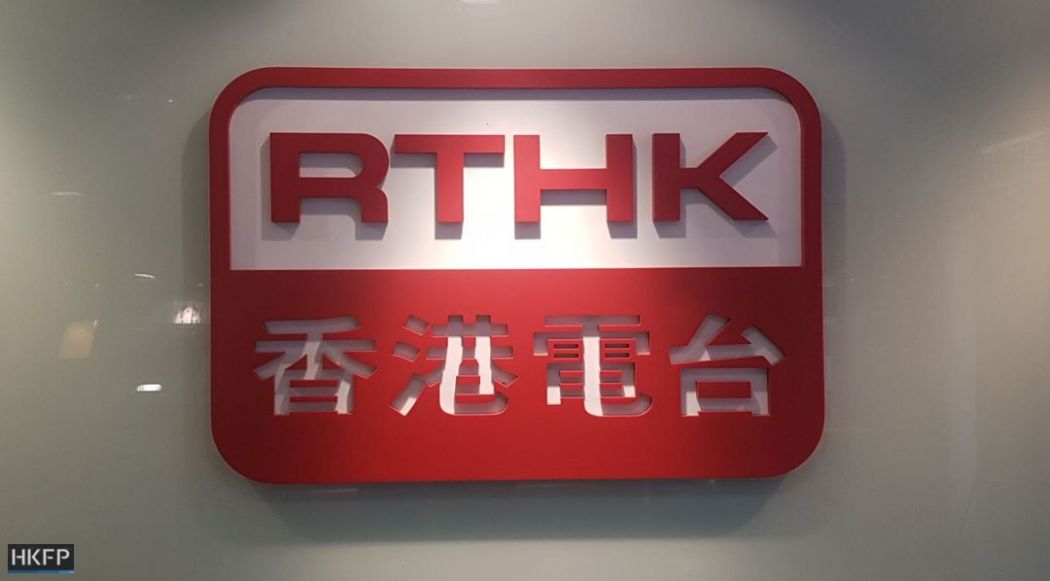Hong Kong’s public broadcaster Radio Television Hong Kong (RTHK) has come under under scrutiny after a critical report was released by the Audit Commission on Wednesday.
The report said RTHK had doubled the proportion of re-runs it broadcast over the past three years. It also noted that RTHK TV31 television channel only had an average viewership rating of 0.1 point – or 6,400 viewers – in the first half of 2018.

TV31 began operations in January 2014, and the report said that re-runs amounted to 70.3 per cent of its total operating hours over the past year.
RTHK, established in 1928, is Hong Kong’s first and only public broadcasting organisation. It has seven television channels and five radio stations, as well as an online news service.
Pro-democracy lawmaker Claudia Mo, who previously worked as a journalist, said she was “saddened” by the report and said RTHK should fight for more resources.

“If RTHK suffers from not enough funding – which is about HK$1 billion a year – the broadcaster should raise the issue publicly,” Mo said. “We have [greater] expectations for public broadcasters.”
The report also said TV31 aired “miscellaneous” filler content, such as government promotional videos – for more than one-fifth of its total broadcasting hours, which may “reduce the attractiveness” of the channel.
Overall listener numbers for RTHK’s radio programmes had increased from 2013, but four out of seven radio channels showed a decline.
RTHK Radio 6, which started broadcasting the China National Radio last year, saw its numbers plummet by half compared to 2016.
‘Already done our best’
Head of RTHK Leung Ka-wing said he agreed with the Audit Commission’s recommendations to diversify programming.
However, the broadcaster’s corporate communication head Amen Ng objected, saying that the industry practice was to look at audience figures for specific hours of the day, rather than a daily average.
RTHK Programme Staff Union Chairperson Gladys Chiu said that RTHK should not solely focus on ratings since it was a public broadcaster.
“Our colleagues already took on multiple roles because they had to cater to new services. For example, video editing, audio mixing and subtitling would be done by one person,” Chiu added. “[W]e have already done our best.”
Chief Secretary for Administration Matthew Cheung said the government was open to allocating more resources to RTHK.
“If [RTHK], in its improvement process, needs the government’s cooperation, I believe we are open to that,” he said.
RTHK received HK$1.0125 billion from the government during the 2017-2018 fiscal year, and its budget had been increasing steadily over the past decade.
”Annual budget allocated to RTHK (click to view)”
2010-11: HK$497.2 million
2011-12: HK$563.1 million
2012-13: HK$618 million
2013-14: HK$754.3 million
2014-15: HK$784.5 million
2015-16: HK$823.1 million
2016-17: HK$978.4 million
2017-18: HK$995.2 million
2018-19: HK$1.0125 billion
Lawmaker Charles Mok said he hoped the pro-establishment camp would not politicise the report to justify budget cuts.
“I believe that most of the public, when they read this report, will feel that… RTHK needs to be maintained and improved, and to receive more resources,” Mok said.

The Audit Commission report also mentioned that RTHK did not comply with government guidelines on tendering. When acquiring programmes for television and radio, RTHK only dealt with a single supplier, instead of opening the process up to bidding.
The report added that the broadcaster had a relatively high percentage of employees who were not civil servants despite being a public entity.
The last time that RTHK was targeted in an Audit Commission report was 2006.
